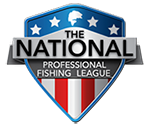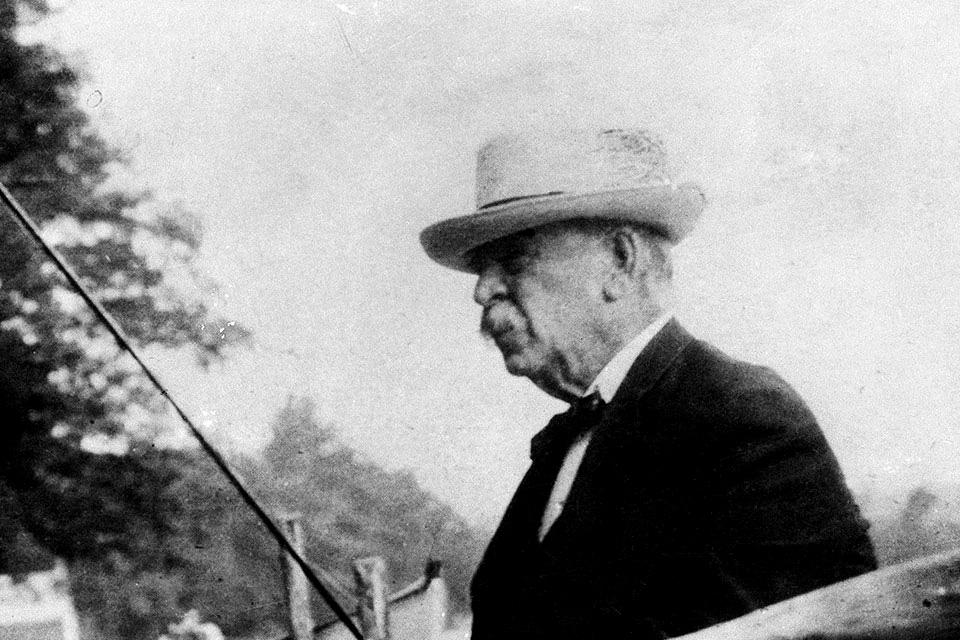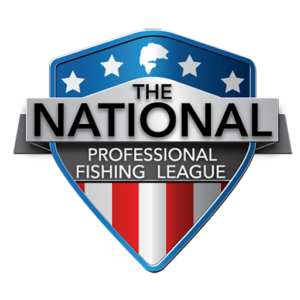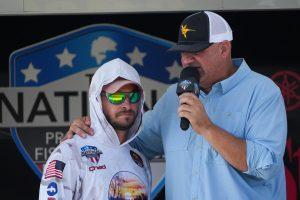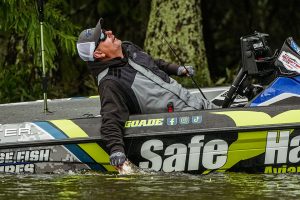Story by Ken Duke
Today, we elect a new president of the United States. It’s an important and consequential process, and one that we’ve practiced since 1789 when George Washington was first elected.
Most of our presidents have been anglers … at least to some degree, either because they loved the sport as we do or because it was politically expedient. A connection to fishing is a good thing — however tenuous — if for no other reason than it shows an awareness of our sport and the need to protect our natural resources.
George Washington fished both recreationally and commercially. Chester Arthur (#21) once held an Atlantic salmon record for a fish he caught in Canada. Calvin Coolidge (#30) had a reputation for angling, but insisted that his Secret Service agents bait his hooks and then unhook any fish he caught. It’s hard to take Silent Cal very seriously as an angler with that knowledge.
Jimmy Carter (#39) became an avid fly fisherman while in the White House. He even tied his own flies and wrote a book about his outdoor experiences. More recently, George H.W. Bush (#41) showed a real passion for fishing, including bass fishing. While in office, he was once photographed walking from Air Force One to the White House carrying a bass fishing magazine, which he said was his favorite publication.
But when it comes to presidents and their interest in fishing — and particularly bass fishing — forget about Washington, Arthur, Coolidge, Carter, and Bush.
By far our fishingest president and bass fishingest president was Grover Cleveland, who was our 22nd and 24th president. That’s right, after being elected in 1884, he lost his reelection bid in 1888 but was elected again in 1892.
Cleveland was a Democrat, born in Caldwell, New Jersey, and fittingly, he was a Pisces.
He was a lifelong angler and very serious about it. One of his regular fishing partners wrote, “Grover Cleveland will fish when it shines and fish when it rains; I have seen him pull bass up in a lively thunderstorm and refuse to be driven from a Cape Cod pond by the worst hailstorm I ever witnessed or suffered. He will fish through hunger and heat, lightning and tempest.”
How could you not vote for a guy like that?
Cleveland was hardcore, but no purist. He used all kinds of gear and was not shy about using live bait. In fact, his favorite bait for bass was a live frog.
He was something of a fishing philosopher and spoke and wrote a great deal about his outdoor adventures. Even in his day, fishermen had a reputation for stretching the truth. Cleveland felt they deserved something of a free pass on accuracy, famously saying “In essentials — truthfulness; in non-essentials — reciprocal latitude.”
That language from more than a century ago can seem pretty turgid, but the thinking behind Cleveland’s words is sound, timeless, and worth the extra effort on our part. After all, in another century, readers will struggle with what we say and how we say it.
Like most of the angling presidents, Cleveland used fishing as a means of escaping the pressures of the office. And like most presidents who get away from the White House for a vacation, he was criticized for it.
Cleveland pushed back.
“[These] petty forms of persecution [are] nothing more serious than gnat stings suffered on the bank of a stream…. When short fishing excursions, in which I have sought relief from the wearing labors and perplexities of official duty, have been denounced in a mendacious newspaper as dishonest devices … I have been able to enjoy a sort of pleasurable contempt for the author of this accusation, while congratulating myself on the mental and physical restoration I have derived from these excursions…. So far as my attachment to outdoor sports may be considered a fault, I am … utterly incorrigible and shameless.”
“Mendacious newspaper” sounds like a 19th century version of “fake news.”
Cleveland even addressed the use of profanity after losing a fish, opining that “the fisherman’s code of morals will not condemn beyond forgiveness the holder of the straightened rod if he impulsively, but with all the gentility at his command, exclaims: ‘Damn that fish!’”
That’s not to say that Cleveland did not have high moral standards for anglers. He certainly did.
“No man can be a completely good fisherman unless within his piscatorial sphere he is generous, sympathetic, and honest. … generous to the point of willingness to share his last leaders and flies, or any other items of his outfit, with any worthy fellow-fisherman who may be in need.”
Let’s close with what may be the most unfortunately timeless thing that Grover Cleveland ever wrote — more than 120 years ago.
“In these sad and ominous days … every patriotic, thoughtful citizen, whether he fishes or not, should lament that we have not among our countrymen more fishermen.”
Not even a politician could argue with that.
